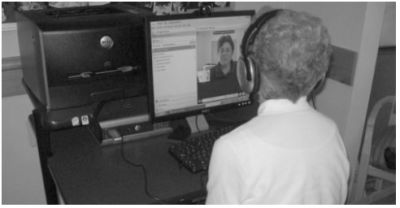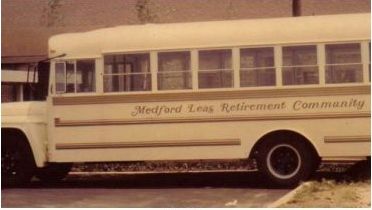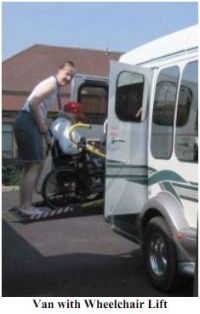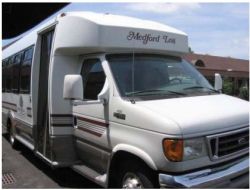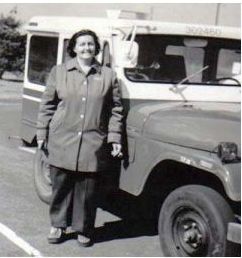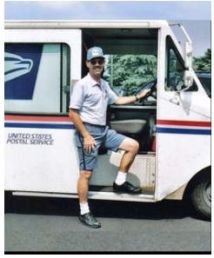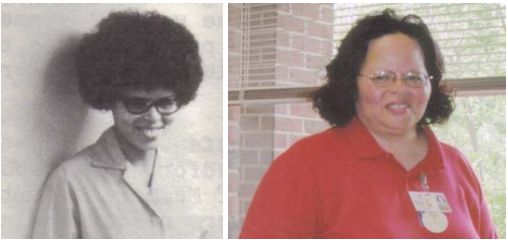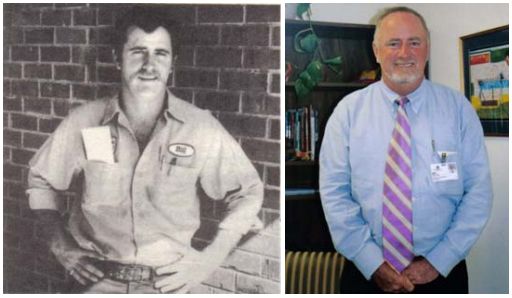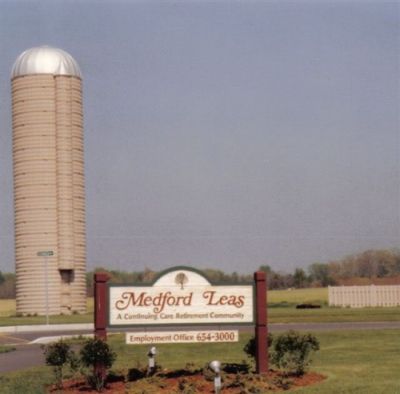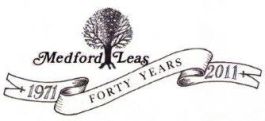
MENTAL STIMULI
Some retirement communities are constructed in college towns. Medford Leas was built near Burlington County Community College, and residents do take courses there but there are numerous opportunities for intellectual stimulation right at Medford Leas.
Medford University offers several courses each year in subjects varying among art, religion, literature, science, and philosophy. These courses are taught by faculty members from nearby colleges and universities. The Leas Forums are held at least once a month, with prominent speakers on challenging topics. In addition to the Bookmobile of the Burlington County Library System, Medford Leas has three libraries from which residents can withdraw materials: the Main Library, the Large-Print Library, and the Low Vision Center which has talking books and videotapes. Another form of continuing education is Vid-U, educational videotapes from The Teaching Company, which are shown every week. There are also small groups that meet to focus on special topics, like the French-speaking group and the controversial books discussion group.
Computerized cognitive fitness programs use the Posit Science Brain Fitness in the Brain Gym. Medford Leas is the first facility in New Jersey to use this software. The designer of the program bases his work on recent studies that indicate that age-related cognitive decline is not inevitable and irreversible. The brain remains malleable at any age, and can revise its processing machinery in response to appropriate stimuli and activities. The activities in these programs provide different kinds of mental stimuli to increase the speed of information processing, improve the processing of sensory data, and stimulate brain chemicals essential to the intake and retention of information.
The program involves morning and afternoon groups of volunteers using computers. Each participant spends one hour each weekday for eight weeks working through the programmed activities. This validated program is expected to undo up to 10 years of cognitive deterioration.
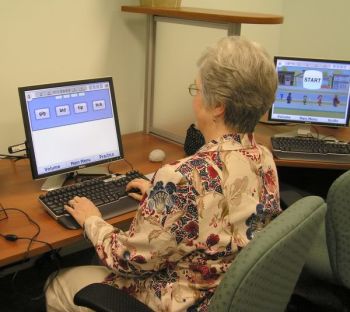
a listening
exercise in the Brain Gym
